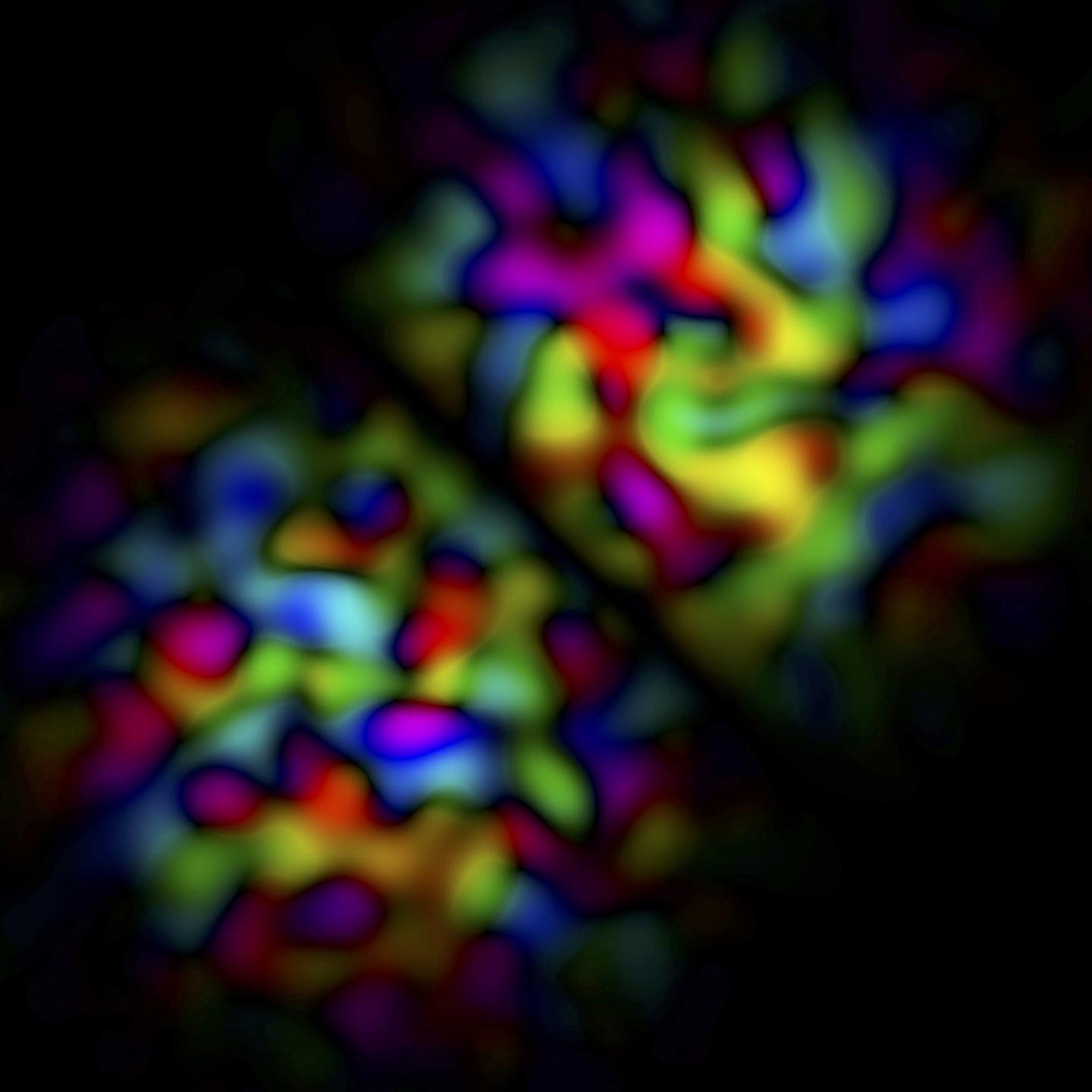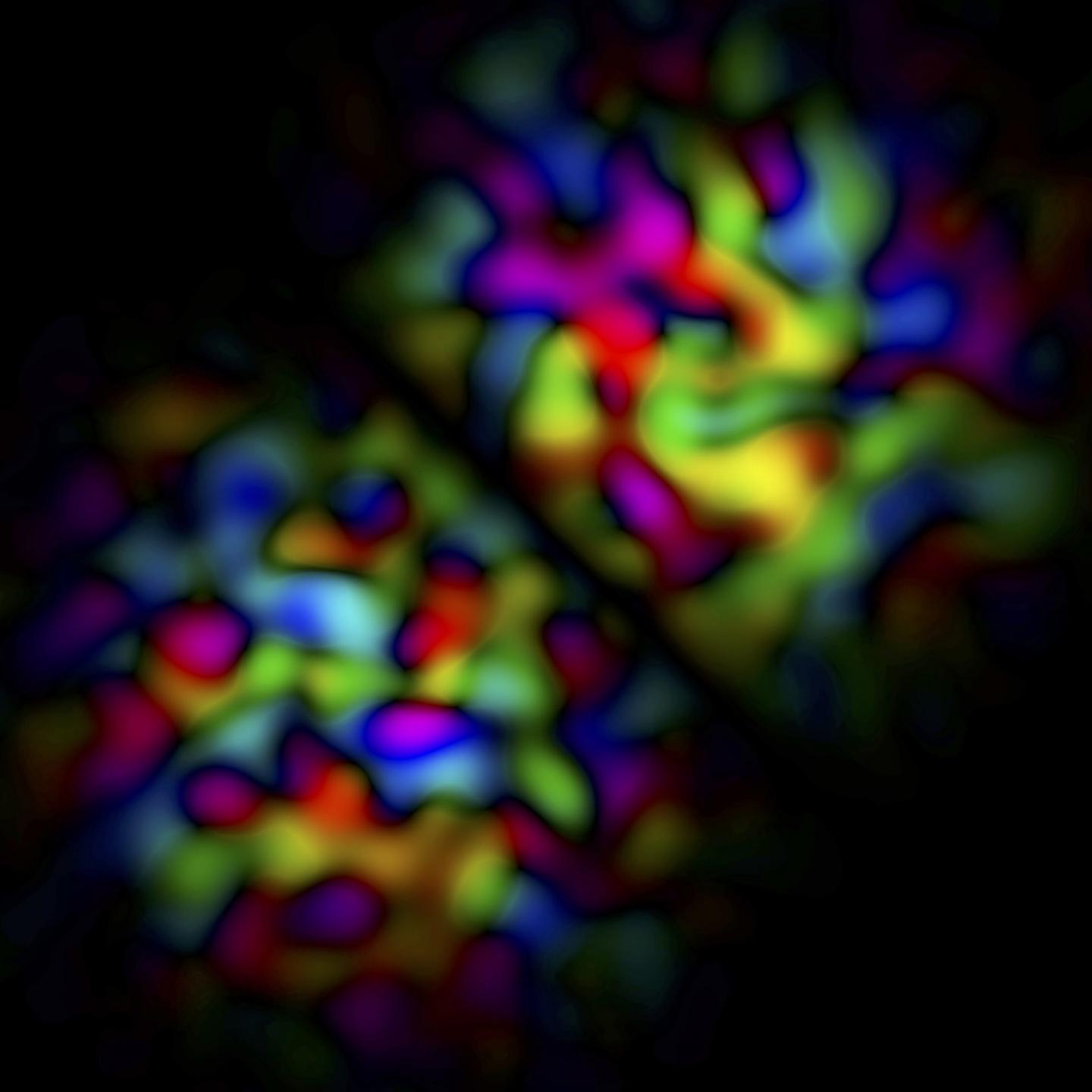
Credit: Copyright: Benjamin Judkewitz, Charité.
Having played a central role in the advent of modern life sciences, optical microscopy is now virtually indispensable in research. However, as far as the imaging of living organisms is concerned, the technology continues to be limited to a depth of less than one millimeter due to the effect of light scattering. A research group led by Prof. Dr. Benjamin Judkewitz is planning to overcome these limitations and produce images of deeper tissue layers, such as those within the cerebral cortex. The laboratory's endeavors are being funded by the European Research Council (ERC), which has allocated a total of €1.49 million over a period of five years.
When working with living tissues, no conventional microscope is capable of achieving a focus depth of more than a few hundred micrometers. Light scattering, which is responsible for this limitation, is not merely an accidental or chance occurrence, resulting in information being destroyed; rather, light scattering is the result of tissue structure and, as such, is both reproducible and reversible. For a number of years, Prof. Judkewitz's research has focused on utilizing this principle, with the aim of overcoming the limitations of optical microscopy in live tissue imaging. "In order to focus light onto a given point within the body, one would have to ensure that it can enter the tissue from a precise location and at exactly the correct angle, thus ensuring that the beam can reach the target location in spite of scattering," explains the Professor. However, as light penetrates deeper into biological tissues, the degree of scattering increases. This makes it essential to determine the necessary correction pattern, which will make it possible to produce an image or an optical simulation of any chosen point within the light-scattering tissue.
Using a new approach within fluorescence microscopy, the researchers are hoping to turn high-resolution microscopy at greater tissue depths into a reality. "We are using the effects of wavefront modulation and an approach known as 'optical time reversal' to tackle light scattering," explains Prof. Judkewitz. Overcoming the depth limitations of current technologies, would open up a range of possibilities for researchers engaged in the study of biological systems and the development of new diagnostic approaches. "In combination with functional imaging and electrophysiology, these advances may make it possible to study circuits and processes within the brain that have so far been inaccessible to non-invasive optical methods." Through his close work with researchers from several different disciplines, Prof. Judkewitz is addressing the challenge of developing a new generation of imaging technology. In addition to biologists and neuroscientists, his research team includes mathematicians, physicists, and engineers. The team's work is being funded by the European Research Council (ERC), which has allocated a total of €1.49 million over five years.
ERC Starting Grant
The European Research Council provides support for young research scientists as part of 'Horizon 2020', the EU's 8th 'Framework Programme for Research'. Formal completion of the grant agreement means that the working group at Charité will have access to a total of €1.49 million in funding (Grant Agreement n°714560).
###
Contact:
Prof. Dr. Benjamin Judkewitz
NeuroCure Cluster of Excellence
Charité – Universitätsmedizin Berlin
Email: [email protected]
Links:
Judkewitz Laboratory [AG Judkewitz]
NeuroCure
Media Contact
Dr. Benjamin Judkewitz
[email protected]
http://www.charite.de
############
Story Source: Materials provided by Scienmag




